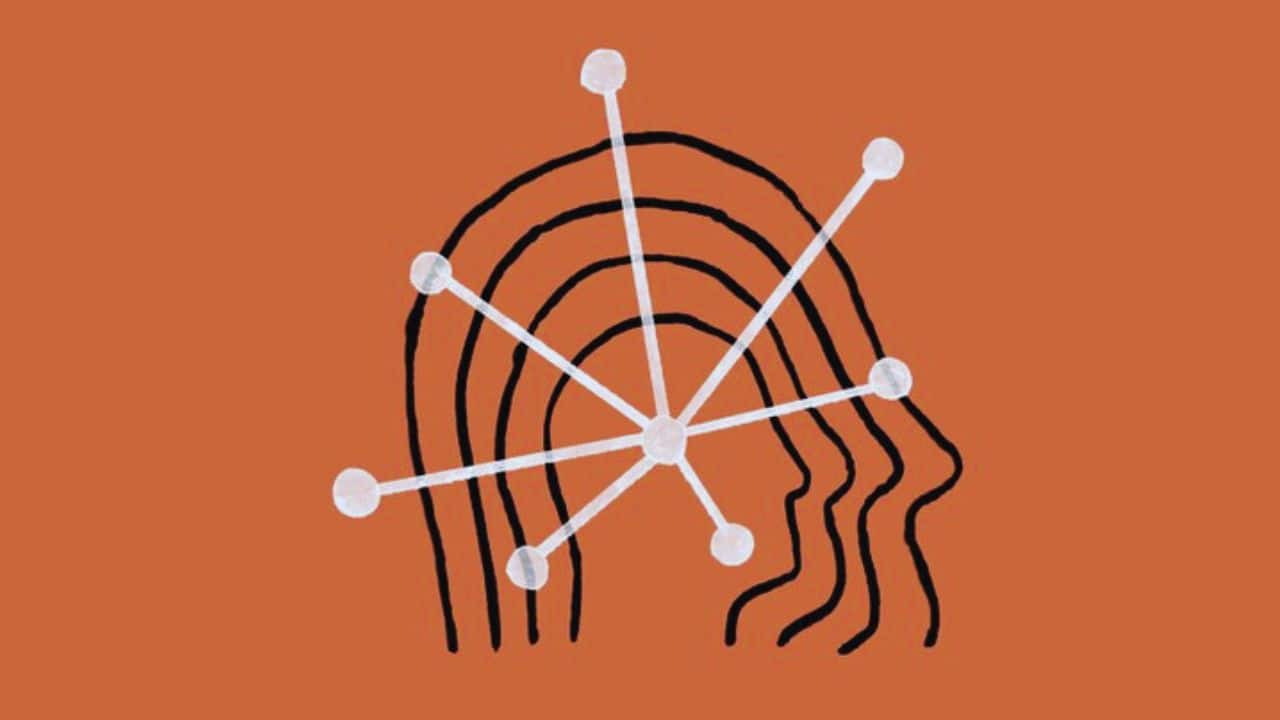Drug addiction treatment requires medical and therapeutic care. During the beginning of the treatment, medical detox is vital for patients struggling to manage their addictions. But when it comes to actual long-term rehabilitation, therapy is more important. Nowadays, in the UK, there are different types of therapies used in rehabs that have shown promising results. In the next section, we will discuss a few popular therapies and the role they play in the treatment of patients.
Different Types of Therapies and Their Role in Drug Addiction Treatment
Drug addiction is an intricate and multifaceted issue affecting millions worldwide. It hampers the physical health of individuals and also has devastating consequences on their mental and emotional well-being. In this article, we will dive into the different approaches used by a public or a private drug rehab drug addiction treatment and highlight their roles in facilitating recovery.
-
Cognitive-Behavioural Therapy (CBT)
Every medical professional knows about the value of CBT. Therefore, it is one of the most widely used therapeutic approaches in drug addiction treatment. It focuses on identifying and modifying the unhealthy thought patterns and behaviours contributing to addiction. By helping individuals recognize and challenge negative beliefs, CBT empowers them to develop healthier coping strategies and make positive life changes.
Role of the therapy: CBT is essentially used for addressing the underlying psychological issues that drive substance abuse.
1. Rational Emotive Behaviour Therapy for Addiction (REBT)
REBT is very similar to CBT. The only difference is that REBT focuses more on the person’s belief system and seeks to replace faulty and irrational beliefs with those that are based on logic.
Role of the therapy: With REBT, even seasoned drug addicts learn about the importance of self-acceptance and put it into practice.
-
Motivational Interviewing
Motivational Interviewing is a collaborative and client-centred approach that aims to enhance an individual’s motivation to change their addictive behaviour. The therapist engages in empathetic and non-confrontational conversations with the individual, exploring their desires, values, and goals. Motivational interviewing helps individuals develop intrinsic motivation to overcome addiction by showing differences between their current behaviour and their desired goals.
Role of the therapy: It is ideal for individuals who are more likely to embrace change when they feel that they are heard, respected, and understood.
-
Dialectical Behaviour Therapy (DBT)
Dialectical Behaviour Therapy is a form of therapy that combines elements of cognitive-behavioural therapy with mindfulness practices. It is particularly effective in treating individuals with addiction who also struggle with emotional dysregulation, self-destructive behaviours, and co-occurring mental health disorders. DBT focuses on teaching skills to manage distress, regulate emotions, improve interpersonal relationships, and develop mindfulness.
Role of the therapy: By providing a comprehensive set of skills, DBT equips individuals with the tools necessary to cope with cravings, triggers, and life stressors without turning to substance abuse.
1. 12-Step Facilitation Therapy
The main logic that drives the very idea of 12-Step Facilitation Therapy is that a person is more likely to stay sober if they are continually involved in a group. It tries to establish a judgment-free zone where current and past addicts talk freely about the challenges they have faced or are facing in sobriety.
Role of the therapy: It works well for people who are resistant to other therapy treatments.
-
Trauma-Informed Therapy
Many individuals with addiction have experienced significant trauma in their lives, which can contribute to their substance abuse. Trauma-informed therapy recognizes the impact of trauma on addiction and focuses on creating a safe and supportive environment for individuals to process their traumatic experiences. This therapeutic approach aims to address the underlying trauma and its effects on mental health while simultaneously providing tools for managing addiction.
Role of the therapy: By addressing the root causes of addiction, trauma-informed therapy promotes healing and empowers individuals to break free from the cycle of substance abuse.
Final Thoughts
Substance abuse addiction can develop in an individual at any stage of life. Sometimes a mental weakness causes an addiction to develop; at other times, it develops due to a traumatic event in life. Some people start with prescription drug addiction and then move on to serious drugs like cocaine, heroin etc. No matter how an addiction starts, it can become a major problem in life for an individual and his loved ones if it is not treated right. Modern-day therapies provide a great way to treat a wide range of addictions. Each therapy has its own role and place in the medical treatment of patients, which is why it is crucial to get the best care from a well-known rehab that has a good success rate.








































